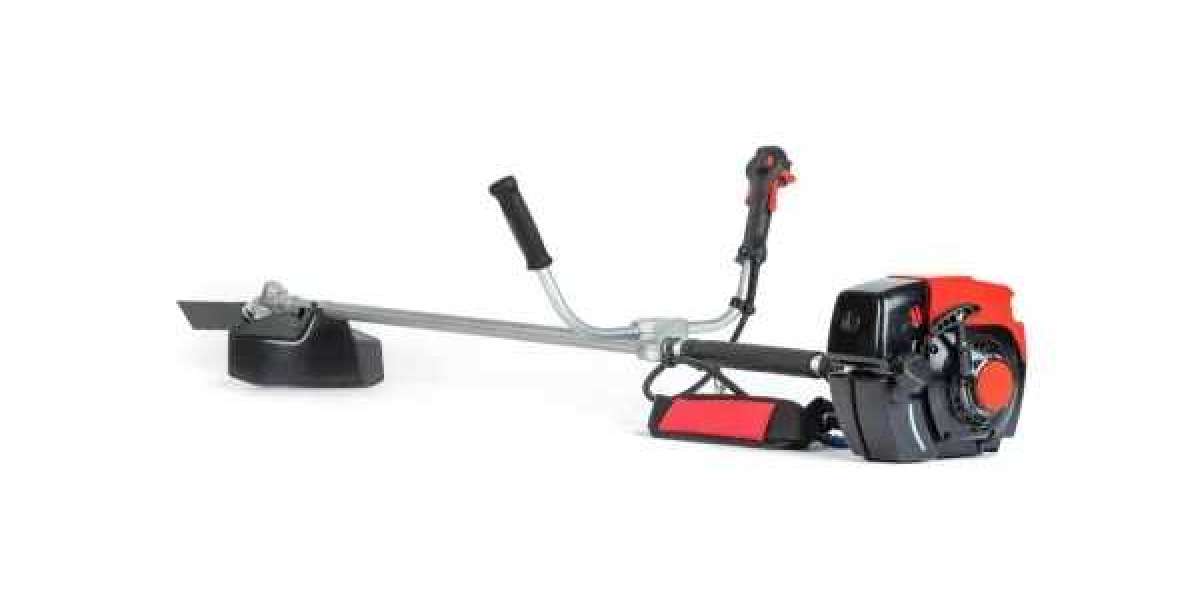Microinverters, also known as micros, are an essential component in solar energy systems. These small devices play a crucial role in converting the direct current (DC) generated by solar panels into alternating current (AC) that can be used to power electrical devices. In this article, we will delve into the functionality and applications of microinverters in various industry sectors, with a specific focus on commercial spaces.

The Functionality of Microinverters
Unlike traditional string inverters, which are connected to multiple solar panels, microinverters are installed on each individual panel. This means that each panel operates independently, optimizing the overall system's performance. Microinverters also offer built-in monitoring capabilities, allowing for real-time tracking of each panel's energy production. This level of granularity enables early detection of any issues, ensuring the system operates at its maximum efficiency.
Applications in Commercial Spaces
Microinverters are particularly well-suited for commercial spaces due to their scalability and flexibility. In large commercial buildings, where space is often limited, microinverters can be easily integrated into the existing infrastructure without the need for extensive modifications. Additionally, the modular nature of microinverters allows for easy expansion, making them an ideal choice for businesses looking to gradually increase their solar capacity.
Enhancing Energy Harvesting
One of the key advantages of microinverters is their ability to maximize energy harvesting. In a commercial setting, where energy consumption is typically high, it is crucial to extract the maximum amount of energy from solar panels. Microinverters achieve this by mitigating the impact of shading and panel-level variations, ensuring that each panel operates at its peak performance regardless of external factors. This results in higher energy yields and ultimately, greater cost savings for businesses.
Reliability and Maintenance
Another significant benefit of microinverters in commercial spaces is their reliability and ease of maintenance. With traditional string inverters, if one panel malfunctions or is shaded, the entire string's performance is affected. Microinverters, on the other hand, isolate the impact to individual panels, minimizing downtime and simplifying troubleshooting. This level of reliability is particularly valuable for businesses that rely on uninterrupted power supply.
In conclusion, microinverters are a game-changer in the solar energy industry, offering unparalleled functionality and versatility. In commercial spaces, their ability to enhance energy harvesting, scalability, and reliability make them an attractive choice for businesses looking to harness the power of solar energy. As the demand for sustainable energy solutions continues to grow, microinverters are poised to play a pivotal role in shaping the future of commercial solar installations.








